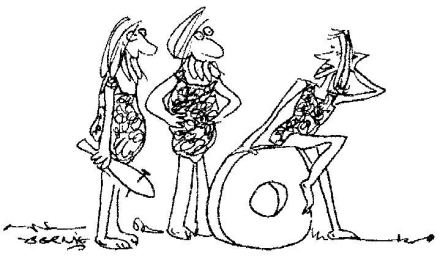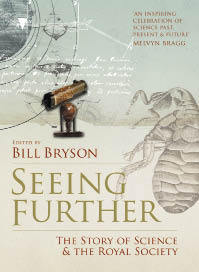Laughter from the Gallery
This is an amiable book. The parliamentary sketchwriter Simon Hoggart, also the wine correspondent of this magazine, for which he drinks as selflessly as Zorba the Greek, has set out to record anecdotes that have amused and appalled him in the course of his long professional life. He also throws in some, mainly Jewish, jokes whenever the mood takes him, so at times this reads like one of those gag books that professional comedians lose, then loudly appeal in the press for the return of, but it is none the worse for that. This is a book you are meant to read, put down, read, and put down. It is






